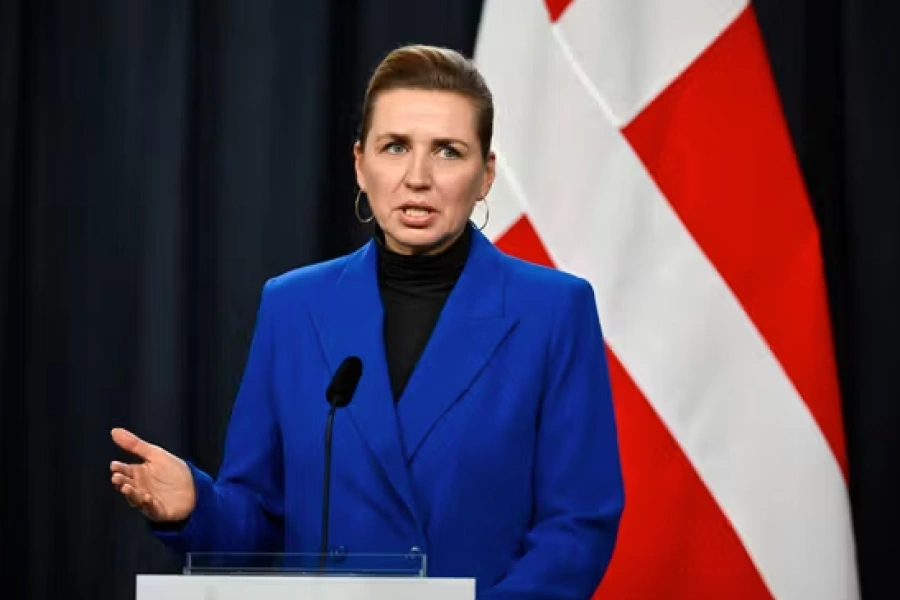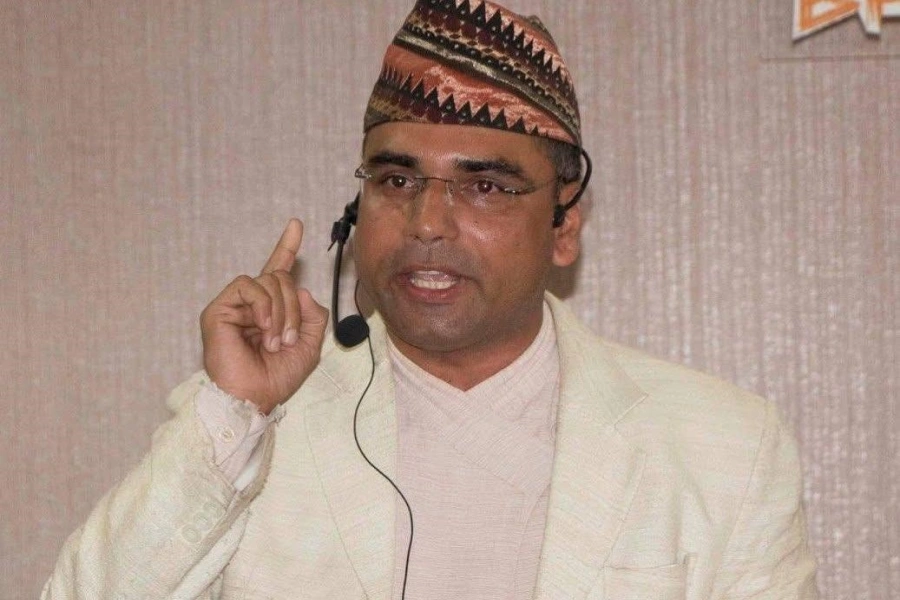KATHMANDU, July 6: The Finance Committee of the parliament has endorsed the bill to amend Nepal Rastra Bank (NRB) Act, 2002, restricting NRB deputy governors and executive directors from working in any bank and financial institutions (BFIs) after leaving the central bank.
According to the amendment bill, the central bank governor cannot take up any post in BFIs upon his retirement while the deputy governor will not be able to work in BFIs for up to three years of his retirement or quitting the central bank.
Similarly, executive director will not be able to be in BFIs in any types of role for up to three years of leaving the central bank. Similarly, the finance committee has inserted an additional provision that would also place restriction on director or officer of the NRB to join BFIs within two years of quitting the central bank.
However, the finance committee has brought down cooling period for deputy governor and executive director to three years compared to seven years and five years, respectively, in the amendments proposed by NRB.
According to the amendment bill, officials must seek permission of the central bank to join other BFIs even after the end of the cooling period.
The bill will now be tabled in the full house of parliament for endorsement.
The provision to bar central bank's senior officials from getting the job in BFIs comes in the wake of criticism of the NRB officials joining public or private banks immediately after leaving the central bank.
Corporate governance experts say that joining BFIs immediately after retirement or relinquishing the central bank's post raises the issue of conflict of interest. So far, joining private BFIs had become an ethical rather than legal issue for central bankers due to the lack of clear provisions in the law.
“Since working with other BFIs after quitting central bank makes adverse impact on corporate governance of BFI, the new measure has been included,” the amendment bill reads.
Currently, nearly two dozen formal central bankers are working with different BFIs.
Lauding the provision to place such restrictions, experts say that it will help to curb the risks of former central bankers leveraging their position at the central bank for corporate interests of the BFIs that they join.
"This can be a good beginning to limit the possible misuse of the authority of a central banker in a expectation of getting a lucrative job at the BFIs once their tenure at the NRB comes to an end," Deependra Bahadur Kshetry, former NRB Governor, said.
Finance committee discusses Indian govt ban on bank notes with...



































